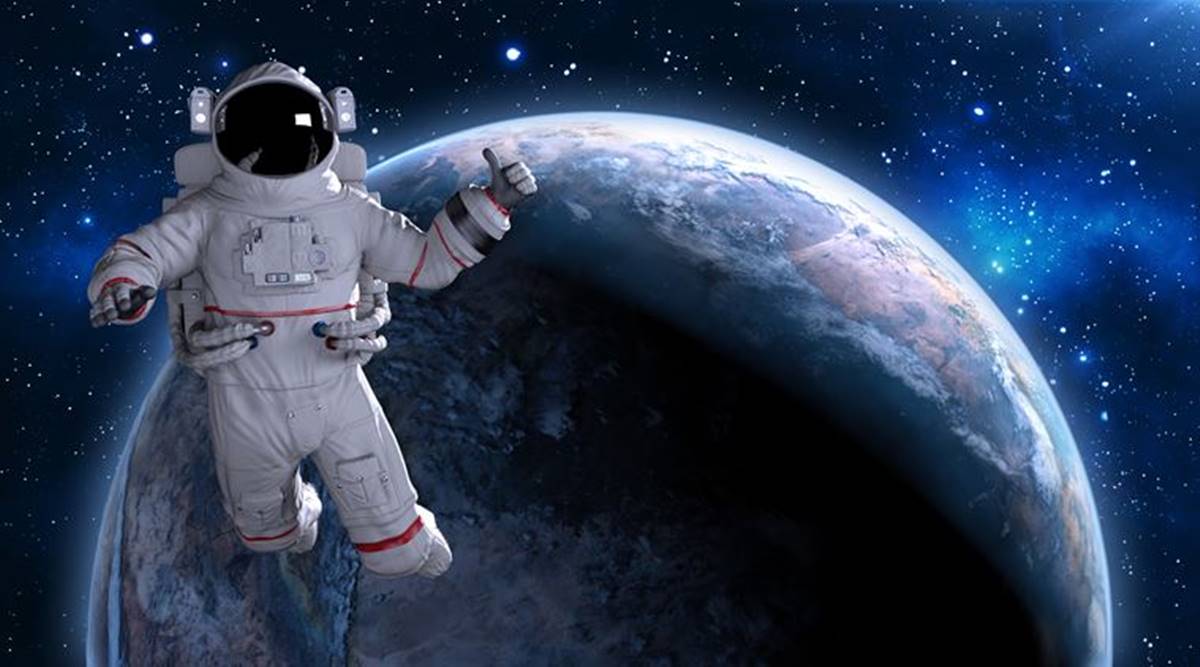A recent study on the brain of astronauts who lived onboard the ISS for a long time has shown that prolonged exposure to microgravity changed the volume of their brain and distorted the pituitary gland.
Read also: 12 Astronauts Visited A Planet With Two Suns 39 Light Years Far From The Solar System
Larry Kramer, a professor at the University of Texas said that his team had first recorded that the volume of white matter in the brain of astronauts increased significantly after returning to Earth. In addition, they found that after the astronauts returned to Earth, the pituitary gland volume decreased significantly, and its upper surface became flatter.

For many years, biologists and doctors have been studying how life in space affects the health and functioning of the immune system of people and animals. For example, four years ago, they found out what causes vision problems in space and understood the reason why American astronauts could fall and lose their balance on the moon.
In addition, scientists have found out that long flights into space irrevocably weaken the back muscles and lead to rounding of the heart. Animal experiments have also shown that flying to Mars can negatively affect the psyche and mental abilities of astronauts due to the way cosmic rays affect brain cells.
Read also: Scientists Confirm ‘Afterlife Is Real’: Here Is Scientific Explanation
Tracking how the state of the 11 astronauts who have been aboard the ISS for several months has changed, Kramer and his colleagues from NASA and the U.S. medical and scientific centers have revealed yet another example of how long-term space flights affect the human brain. Scientists monitored the brain condition of astronauts both before the flight and throughout the year after their return to Earth.
These measurements showed that the volume of the brain and cerebrospinal fluid of the ISS crew members increased. Besides, these changes did not disappear even a year after their return from the station. A significant part of the changes, as Kramer and his team discovered, was due to white matter, as well as the pituitary gland, one of the main hormonal centers of the brain.
Some of those changes, as the researchers note, were not unconditionally dangerous for astronauts. However, other shifts in the structure of their nervous system were very similar to the consequences of the development of hydrocephalus and high intracranial pressure. As scientists suggest, they are associated with the redistribution of fluids in the human body under microgravity.
Therefore, NASA and other space agencies should think about the development of centrifuges and sets of exercises that would simulate the effect of Earth’s gravity on the brains of astronauts and prevent the appearance of such changes.








